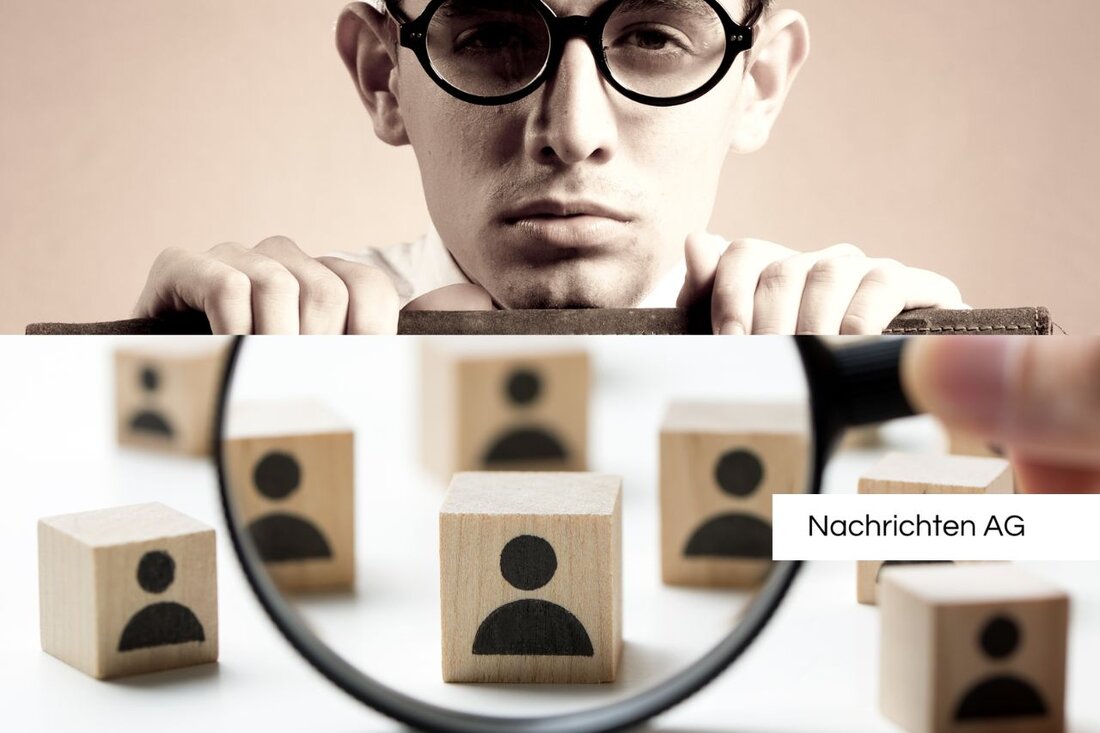Children in danger: create trust for better child protection!
The focus: Vienna discusses the legal basis for trusted persons in social institutions to promote children's rights.

Children in danger: create trust for better child protection!
On September 25, 2025, child protection will be brought back to the focus of the debate in Austrian social pedagogical institutions. The child and youth welfare are calling for a legal anchoring of external confidants and ombuds to protect children and adolescents. These steps are urgently needed because many children and adolescents are potentially exposed to violence and attacks in institutions. According to the UN Convention on the Rights of the Children, these young people have a special right to protect if they cannot grow up in their family contexts, which is underlined by Article 20 of the UN Right of Rights Rights and Article 2 (2) of the Federal Constitutional Act.
A third of the 13,050 children and adolescents in 2024 were housed in social pedagogical institutions. These children often have already traumatic experiences from family conflicts or experiences of violence. Therefore, the role of the external confidants is crucial to help the children secure their rights to a say and privacy.
Challenges and reform needs
The clear request of the UN Children's Rights Committee to extend the role of the "child lawyer confidant" to all children in public institutions shows the urgent need for reform. In many federal states, the legal basis and personnel resources are currently missing in order to adequately perform these tasks. The fact that in some federal states there are no legal framework for unannounced visits by the children's attorney confidants is particularly problematic.
In addition to the external confidants, extensive child protection concepts are necessary to minimize risks for attacks. Such concepts include behavioral guidelines for adults and effective complaint management. From the school year 2024/25, more and more schools are obliged to create their own child protection concepts in order to ensure a secure framework for children.
Initiatives and support offers
The children's league has launched initiatives to promote child protection in the health sector since 2017. It supports members in the implementation of child protection structures and offers workshops and individual consultations to provide knowledge and materials for the implementation of suitable measures. The cooperation with ECPAT Austria and the child protection centers in Austria enables regular further training. The child protection concepts that promote these organizations are an important element of quality management.
The EU project "Safe Places" continues to contribute to the child protection initiative in Austria and analyzes the legal situation on child protection structures in the country. An important aspect is that many children are particularly at risk due to their origin, gender, age, disability or social status to become victims of violence. The protection of these particularly vulnerable groups is top priority.
The consequences of violence
Violence against children is a worldwide problem that occurs in physical, verbal, psychological and digital form. The consequences are serious: children who experience or witness violence often develop health restrictions, learning problems and pictures from little self -confidence or depression. In particular, children who live in socially disadvantaged conditions often distribute these patterns in their later relationships.
The need to protect children against all forms of violence is recognized by the community of states that has set itself the goal of eliminating abuse, exploitation, childhood trade and all forms of violence against children by 2030. As part of this commitment, measures that offer children a safe environment must be developed. This is the only way we can meet the claim not to leave anyone behind.
In summary, it can be said that the protection of children in social pedagogical institutions in Austria not only requires a legal basis, but also requires the creation of suitable structures and resources to ensure the psychological and physical integrity of these children.
Further information on the initiatives can be found at Vienna press,, Child and youth health and BMZ.

 Suche
Suche
